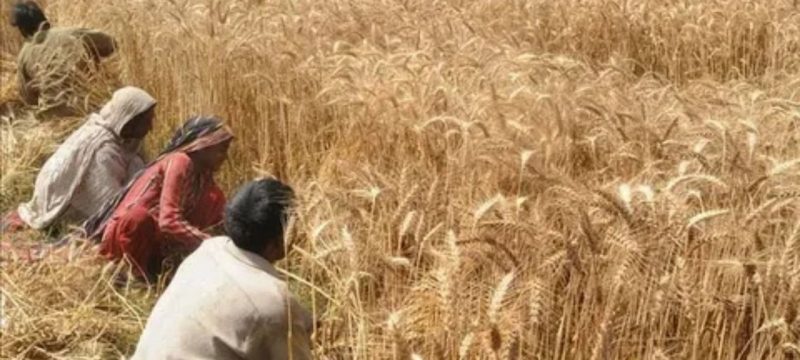Punjab has announced a ban on the use of wheat in feed mills to prevent a flour shortage and control market instability. The step comes at a time when concerns over hoarding and rising flour prices are already creating pressure for households across the province.
According to officials, the measure is aimed at ensuring that wheat stocks are prioritized for flour production rather than animal feed. This move follows recent reports of market manipulation and hoarding, which have pushed prices upward and raised alarms about food security.
Punjab bans wheat in feed mills
The provincial government stated that the ban will be implemented immediately. Law enforcement authorities have been directed to monitor feed mills and ensure compliance. Stakeholders in the flour industry have welcomed the decision, though some farmers and feed mill owners have expressed concerns over its economic impact.
The ban is linked to rising flour prices, with experts warning that unchecked use of wheat in non-food sectors could deepen the crisis. A recent report highlighted concerns over flour prices and wheat hoarding, prompting stronger measures from the authorities.
Key details shared by officials include:
- Wheat supplies will now be directed primarily to flour mills.
- The government aims to stabilize flour prices and prevent shortages.
- Monitoring teams will crack down on wheat hoarding across Punjab.
- Feed mills have been instructed to switch to alternative grains.
- Public complaints will be taken seriously to curb market manipulation.
Authorities believe this step will prevent artificial scarcity and protect low-income families from further burden. However, analysts caution that long-term solutions such as boosting wheat production, discouraging hoarding, and improving supply chain efficiency are essential to fully address the problem.
Public reaction has been mixed. Many citizens see the ban as a necessary intervention, while others fear it may disrupt livestock feed supply and increase prices of other commodities. Despite these concerns, officials insist that food security must remain the priority.
The Punjab government is now working closely with district administrations to ensure that wheat is used efficiently and flour remains accessible to the public. This ban marks an important attempt to safeguard staple food supplies in the face of growing market challenges.







